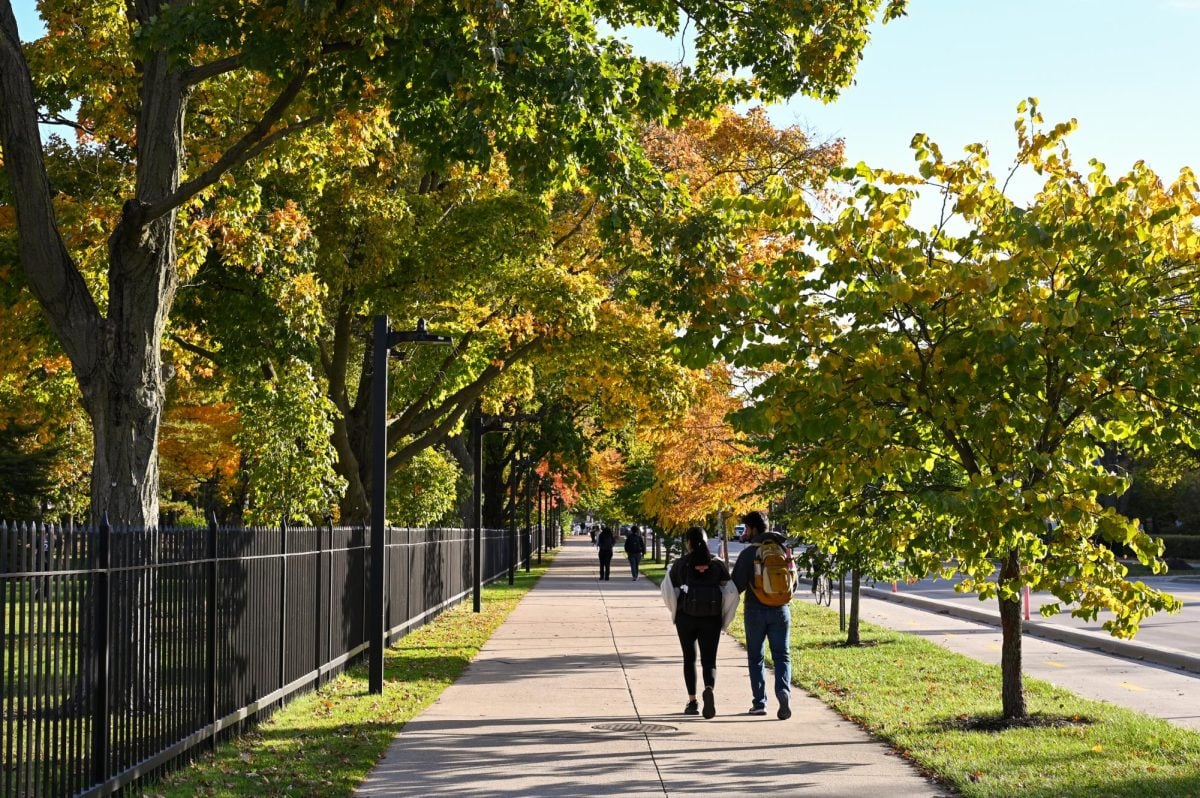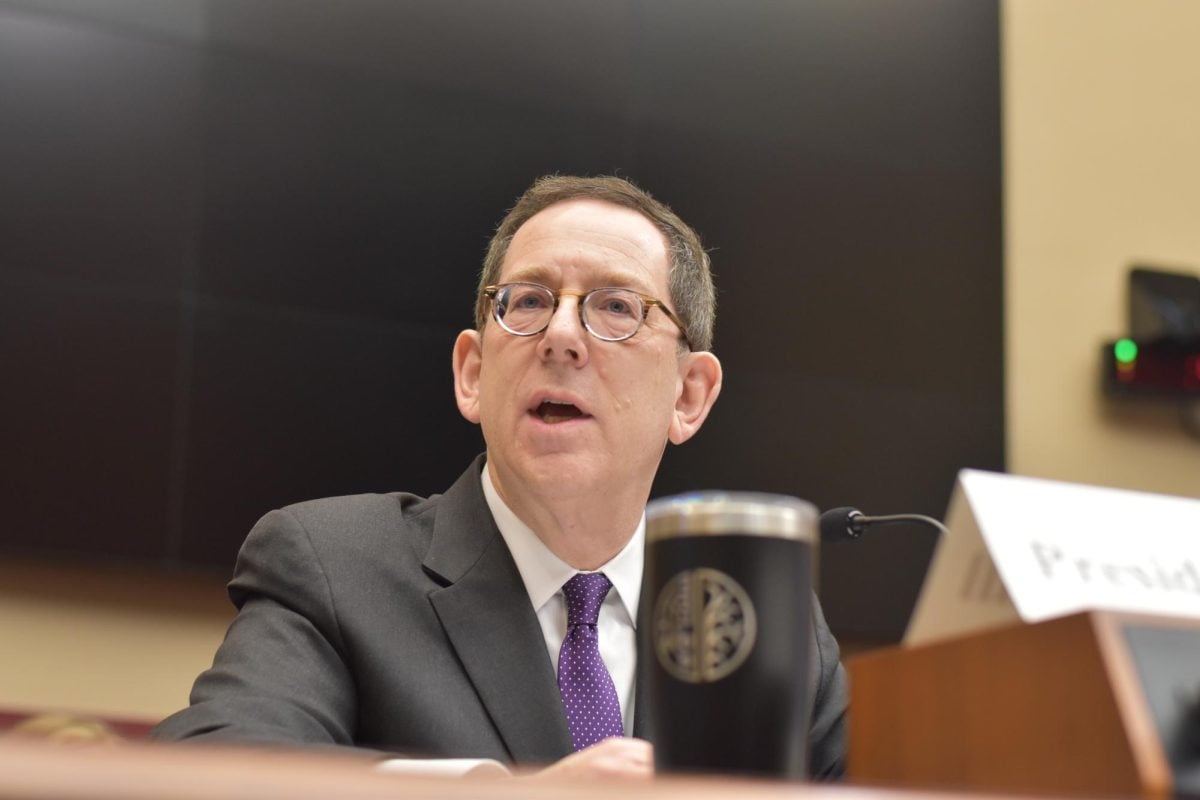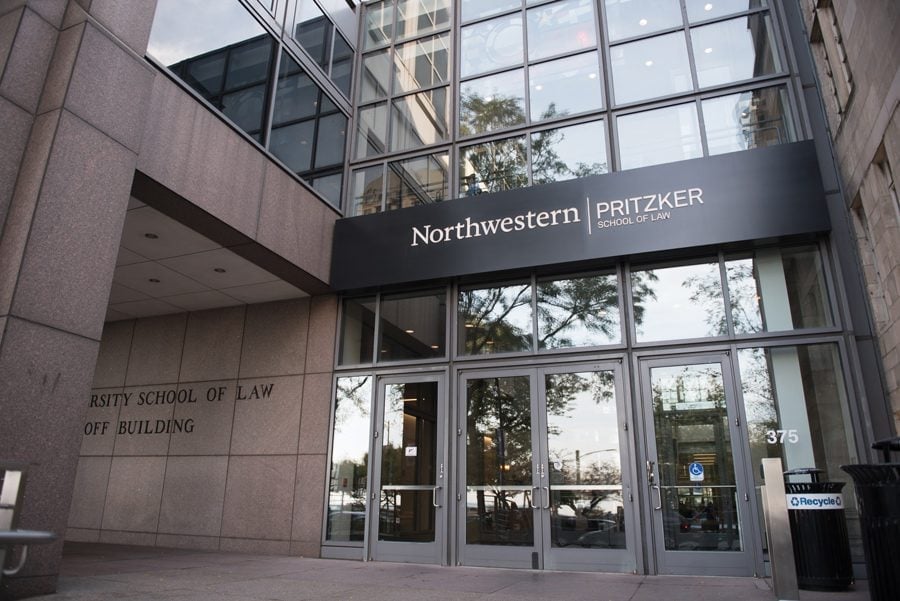Residential Services is working to finalize several new policies for next school year. But although the goal is to improve residential life for students, the changes have been met with resistance from many Community Assistants.
On-campus housing for international students during breaks and the addition of three new 24-hour residential service desks are among some of the planned changes, Residential Services director Paul Riel said.
“It’s just in line with what we’re moving towards, which is trying to push out more services to residential students,” he said.
However, the new policies would require changes in CA duties. Some CAs would be expected to stay for breaks, and ResLife will let students choose which break they want to stay for. All CAs may have to commit four to six hours a week to run afternoon shifts of the service desk.
Along with the new policies, CAs will also find out their dorm placement in July instead of in February, Riel said. The new policy was communicated to CAs during Fall Quarter.
A second-year CA, who asked to remain anonymous because speaking to the media violates his contract with ResLife, said many CAs are frustrated with some of the changes.
“There are definitely some good CAs that are very up in arms about this stuff,” he said. “You would be hard pressed to find someone that wasn’t upset.”
Serving the students
Riel said housing during breaks is something ResLife had been looking into for a while. International students will indicate if they want to stay for Winter and Spring Breaks in their housing application. If they choose to do so, they would have to live all year in a designated section of Foster-Walker Complex.
ResLife is still deciding logistics, Riel said, but the new option will launch Fall Quarter. Non-international students who want to stay during breaks may also be able to apply for break housing in the future.
“We just heard pretty loud from our international population that Winter Break is pretty difficult for them to find places to stay,” Riel said.
Krish Suresh, social co-chair for Residential Hall Association, said break housing would make staying in Evanston through breaks more convenient for students.
“I know some of my international friends have to go to relatives’ houses in the U.S. or stay in a hotel over breaks,” said Suresh, a Weinberg sophomore. “This option would help them out.”
The new residential service desks would also be implemented during Fall Quarter. Located in three different dorms, they would serve as information centers for residents where staff can assist with lockouts and other services.
“The desks are a good idea because they will be a centralized resource for the small housing questions that no one knows where to go for,” Suresh said.
Late notice
If CAs are unhappy with their residential hall placement, the later notice will mean they will have missed the chance to apply for other campus housing or to sign off-campus leases, the second-year CA said. In the past, February decisions gave students more flexibility.
However, in February, upperclassmen have not yet chosen housing for next year, and incoming freshmen have not been admitted. Riel said July placement will help Residential Life better match CAs with the residents who live in their dorm.
Additionally, Riel said ResLife would be hiring new Resident Directors, formerly known as Area Coordinators, who would want to select their CAs.
“It makes the most sense for us,” Riel said. “If you need to have this information prior to July, that’s a good indication that this is not a good thing for you.”
The second-year CA questioned the idea of matching CAs with residents and the new Resident Directors, noting ResLife does not know enough about the new residents or the CAs to make a compatible match. The surveys given out to residents only discuss topics such as sleep schedules, cleanliness and smoking, he said.
“We will pair all the neat CAs with the neat residents?” the CA said. “That’s the logic there?”
Contract surprises
Weinberg freshman Elizabeth Larsen applied to be CA this year and was given an offer last month. She decided to turn it down, mostly because she would be traveling during the summer and did not want to come back to campus early for training, but also because the contract she received had terms that she had not expected.
Larsen said she did not know about the break housing or residential desks when she applied. She only found out once she got her contract and saw she might have to work at the desk or stay over breaks.
“I didn’t know about any of the changes,” she said. “I really think that on the first application they should put the terms of the job.”
Multiple CAs confirmed they did not know they might have to stay for breaks or work at a residential service desk until February, when they read the contract for next year.
The contract was also the first time they learned that the mandatory training sessions, which used to be once a quarter on a weekend, would now be held once a month on Wednesdays from 4:30 to 6 p.m. The contract stipulated that CAs must schedule class around the training time.
Riel said he was not sure when CAs were notified about those new policies, but previous contracts had said the CAs may have to serve in the mail rooms, which he said was similar to working the residential desks.
Contracts were given out Wednesday, Feb. 20, and had to be returned the following Monday by 9 a.m., giving returning CAs about five days to process the new terms.
The contracts do not specify that CAs would get extra compensation for increased duties, but Riel said those who worked breaks would get extra days off during the regular school year.
The second-year CA said a group of CAs are collectively drafting a letter containing their grievances to submit to ResLife. He said he does not know when they will present it.
“There’s no CA input,” the CA said of the changes. “These are all behind-the-scenes decisions, and no one is being asked.”
He noted that the contract was ambiguous, and CAs were given few details about the changes because ResLife had not fleshed out the details.
“It’s a half-baked idea,” he said.
Staffing concerns
The second-year CA said he felt the new rules would lower the quality of the staff by discouraging those with high interest and passion from applying for the job. He said he thought that many of those who do apply will be doing it primarily for financial reasons and may not be as active in dorm life.
“They are making the demands so high,” he said. “At the end of the day, the residents are going to be the people who suffer.”
However, Riel said the return rate for CAs this year was 66 percent, up 2 percent from last year, and that ResLife was pleased with the number that returned.
He said the changes were decided by higher-up ResLife staff and that the department was not open to changing the decisions. But he would like to meet with CAs to further explain the reasoning behind the policies.
“We’ve tried to be as open and as clear in what we’re doing as we can,” Riel said. “Any way I can meet with people to make sure they understand — I am happy to do it.”












